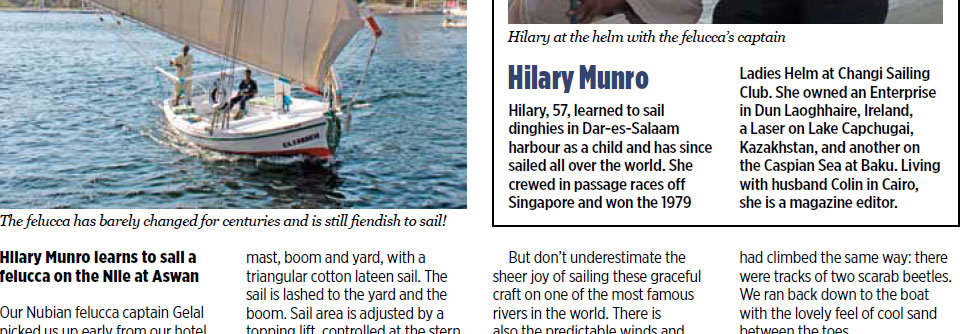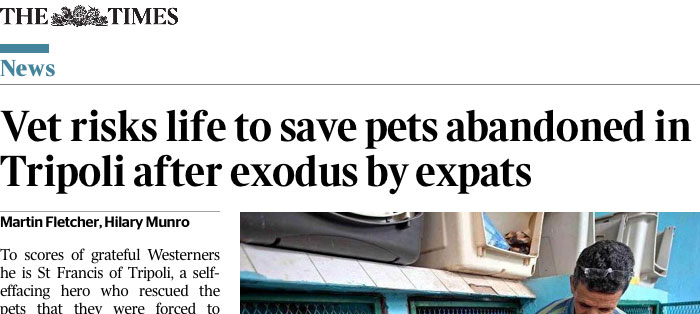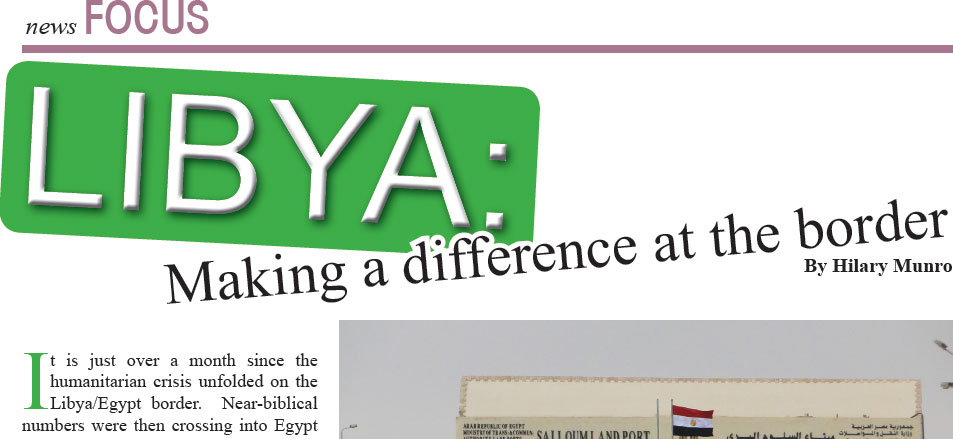Yesterday I traveled north for 2 ½ hrs to a small village of some 600 souls in the Nile Delta to meet Salim and others who had fled two weeks ago from Tripoli, Libya
He tells me that although he is very happy to be home, and his father gives him money. “life is no good here, no chance of a job, Libya no good, Middle East no good, there is safety here.”
His father earns only LE700 (£73) per month as a policeman. They depended on his remittances from Libya, and it is obvious that they are very poor.
His parent’s house, with earthen floor and stone walls, consists of a narrow entrance hall with a simple half wall divider leading to the kitchen. To the right, without doors, is the salon with matting on the floor of about 2 metres by 1.5 metres. Five photographs hang on the wall: the four daughters’ marriage photos and his father as a young man. The next room right, about 2.5 metres by 2.5 metres, is his parent’s bedroom with an evidently treasured fridge and cloth curtain for privacy. The kitchen has a cooker set on the ground, nails on the walls for pots to hang from, and one wood shelf. Leading from this is a small byre for the family donkey, and steps upstairs to a small room and dovecote. There are no ornaments, nor books, nor television.
After a family meal of rice and potatoes in tomato gravy, we walk through the village to see his cow tethered beside Salim’s uncle’s 100m2 plot of land. I was told that all the new big brick houses, some with handsome coloured tiles, were the result of money sent home from Libya and Saudi Arabia. Other older houses made of mud brick topped with second floor clay fired bricks lay between them. Two new tractors passed us on the compacted black soil and donkey dung village road, also bought apparently by families lucky enough to have sons/fathers working in Saudi.
Salim tells me that he loves this place. His deep attachment is obvious. It’s quiet enough to hear the wind blow softly through the tall rushes beside irrigation ditches. Men and donkeys with boys perched aloft bales of alfalfa greet us, he knows them all. Green fields flow out from the village in all directions with beans and cabbages marching in rigid straight lines in black fertile soil. It’s flat as far as the eye can see. Poplars and palm trees define the horizon.
On marriage, a man must provide a home for his bride: the bride’s father provides the furniture. Salim’s Libyan earnings had paid for a plot of land near his parents’ house, some chickens. a cow and the furniture for his youngest sister when she married. He had not yet earned enough to build his house.
I met some others in the village who had been working in the Seraj and Janzour suburbs of Tripoli. None have much education, nor any prospect of work in Egypt.
There is almost no activity here, except farming on small-holdings.
I was invited into the home of Yasser (36) and his wife Maha. Maha is Salim’s sister. His is a success story, what they all aspire to. After about 10 years working in Libya he has built an apartment and bought a mini bus with the remittances from Libya.
Yasser came back to the village last year. His comfortable, small, one-bedroom flat had all western mod-cons, a well appointed kitchen, and a huge glass-fronted cabinet in the salon with china, glass and inconguous christmas angels. Fluffy stuffed animals sat on the chairs and sofa, the walls carried streamers of artificial vines. Yasser now works driving his mini-bus.
Salim‘s dreams are simple – to get married to Dallia and to be a farmer. It is hard to see how either can be easily in his grasp at the moment. His fiancée has told him that if he doesn’t find work and/or finish off the house for her, then she will have to break off the engagement.
Despite it all he is still optimistic. He’s sure there will be peace in Libya soon, and he will be able to go back. In the mean-time though, life is going to be very hard in this village.




